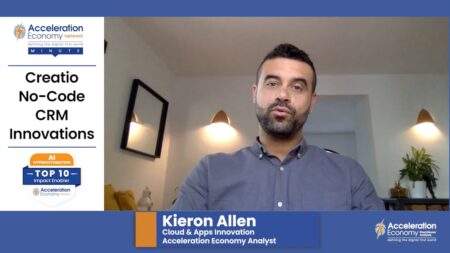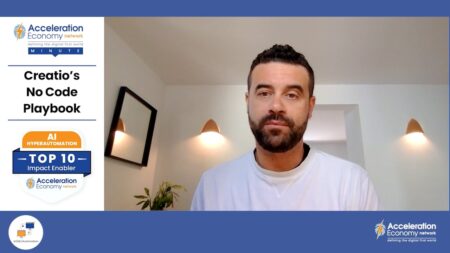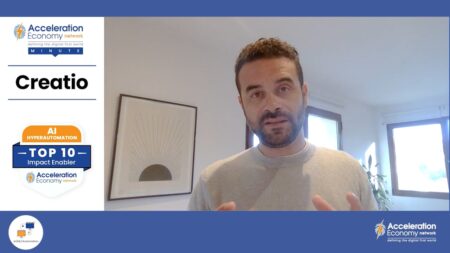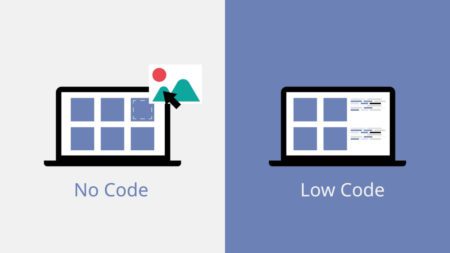The new Creatio 8.1 Quantum features several core innovations including generative AI integration and automation of governance functions.
Search Results: no-code (308)
Discover the top 10 Low-Code/No-Code vulnerabilities and how to secure rapid development environments.
Apromore co-founder Marlon Dumas talks customer use cases, AI integration, and cloud-based scaling as part of the Process Mining Battleground.
Process mining software provider Apromore has an urgent focus on customer-facing processes to improve time to value for customers.
Low-code/no-code tools positively impact software agility and automation, but AI presents another viable option to deliver similar benefits.
A Top 10 AI/hyperautomation shortlist company, workflow automation provider Creatio uses a no-code model to speed up common business processes across a variety of industries.
Kieron Allen details how Creatio’s newest no-code training fuels innovation and application development.
Wayne Sadin outlines why an overreliance on Microsoft Excel models is increasingly a problem for companies of all sizes and industries.
Low-code/no-code platforms are becoming increasingly popular due to a scarcity of technical expertise. The addition of AI components is making these tools smarter.
The partnership enables both business and non-technical users to deploy applications over automated workflows and CRMs using Creatio’s no-code technology.
Toni Witt evaluates how low-code/no-code could lead to the democratization of AI and explores the impact that will have.
In episode 9, Kieron explains why we still need coders to help tailor and customize low-code/no-code apps to meet customer needs.
In this Metaverse interview, Toni Witt interviews Matthew Wren, co-founder of BUNDLAR and Founder of VRAR Chicago about the current state of AR adoption. The two discuss how BUNDLAR is helping outside companies adopt and deploy AR technologies.
El low-code es una buena manera de hacer que los no tecnólogos ingresen al espacio tecnológico al democratizar el desarrollo de software.
Analyst Bill Doerrfeld discusses the benefits and drawbacks of low-code/no-code with CEO Prashanth Chandrasekar, giving examples of how the approach both widens businesses’ horizons and limits them.
Robert Wood explores several areas of risk that can emerge with the adoption of low-code/no-code applications.
CIO Kenny Mullican covers a set of tools that are a very cost-effective way to keep a project in-house —without the need to hire a large developer team and produce quick results.
Government is yet another area in need of more accessible software development to upkeep the well-being of communities. Bill Doerrfeld explains how low-code/no-code could be the answer.
While retail transforms how low-code is used, low-code is simultaneously accelerating the transformation of traditional retail.
Explore how low-code/no-code tools have been transformative for the healthcare industry during the pandemic.




















